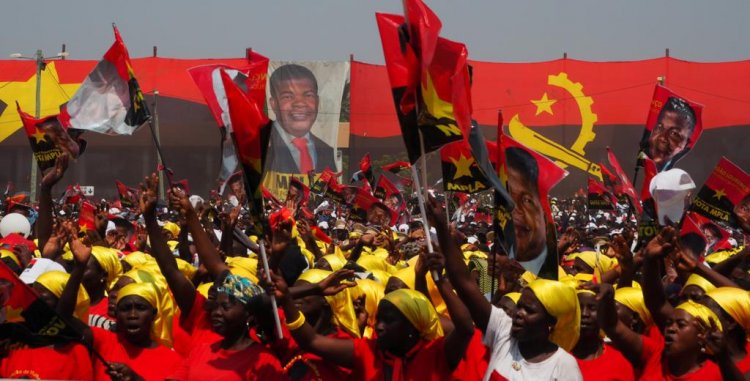"This Parliament has, yes, supervised the action of the executive, when it discusses and approves the General State Account, after the opinion of the Court of Auditors, when it regularly evaluates the quarterly execution reports of the GSB or when it questions members of the executive", said this Wednesday the president of the MPLA parliamentary group, Américo Kuononoca.
The MPLA's parliamentary leader, was speaking this Wednesday at the parliament's headquarters in Luanda, during the opening of the 11th ordinary plenary meeting of the third legislative session of the fourth legislature of the National Assembly.
For Américo Kuononoca, the actions of oversight of the executive "are evident," so he said, "attempts remain fallacious to send a message of non-existence of parliamentary oversight.
According to the MPLA politician, the model of the government system "has its specificities and should not be confused with the South African model where the President of the Republic is elected by the parliament and accountable to it".
The need for scrutiny of executive acts has been reiterated by political parties in the opposition and Angolan civil society actors who are calling for the repeal of a Constitutional Court ruling that they consider to limit parliamentary scrutiny.
During his political statement on Wednesday, Américo Kounonoca recalled that the President is elected as head of the list of the most voted party and "is subject to the limits of the presidential and parliamentary model".
Therefore, he stressed, "it is not correct to say that the President of the Republic is not supervised".
"Each of us needs to study the Constitution, the National Assembly's regulations and other legislation thoroughly so that the rule of law is established every day", he warned.
The in-depth study of the legislation in force in Angola, he argued, will contribute "to avoid demands of imagination and ill-considered desires that add nothing to the process of consolidating democracy".
The final and overall vote on the draft law approving the Code of Criminal Procedure, the draft law on the Symbols of Local Authorities and the draft law amending the law on Public Procurement are some of the diplomas registered in plenary on Wednesday.
For Américo Kuononca, the set of diplomas constitute the "political expression of the legislative function guaranteeing the separation and interdependence of legislative and executive functions".
The final approval of the law that approves the Criminal Procedure Code, which replaces that of the colonial era of 1929, constitutes "another stone in the building and consolidation of sovereignty for conforming an Angolan social and cultural reality".
The law, the deputy added, gives the Public Prosecutor's Office the constitutional function of prosecuting together with lawyers, ombudsmen, in order to achieve the democratic state and the rule of law.
"The initial proposal was largely reformed," he noted.
The plenary meeting is being held in compliance with the protection measures against covid-19, with part of the parliamentarians from the provincial cycles participating by videoconference.







